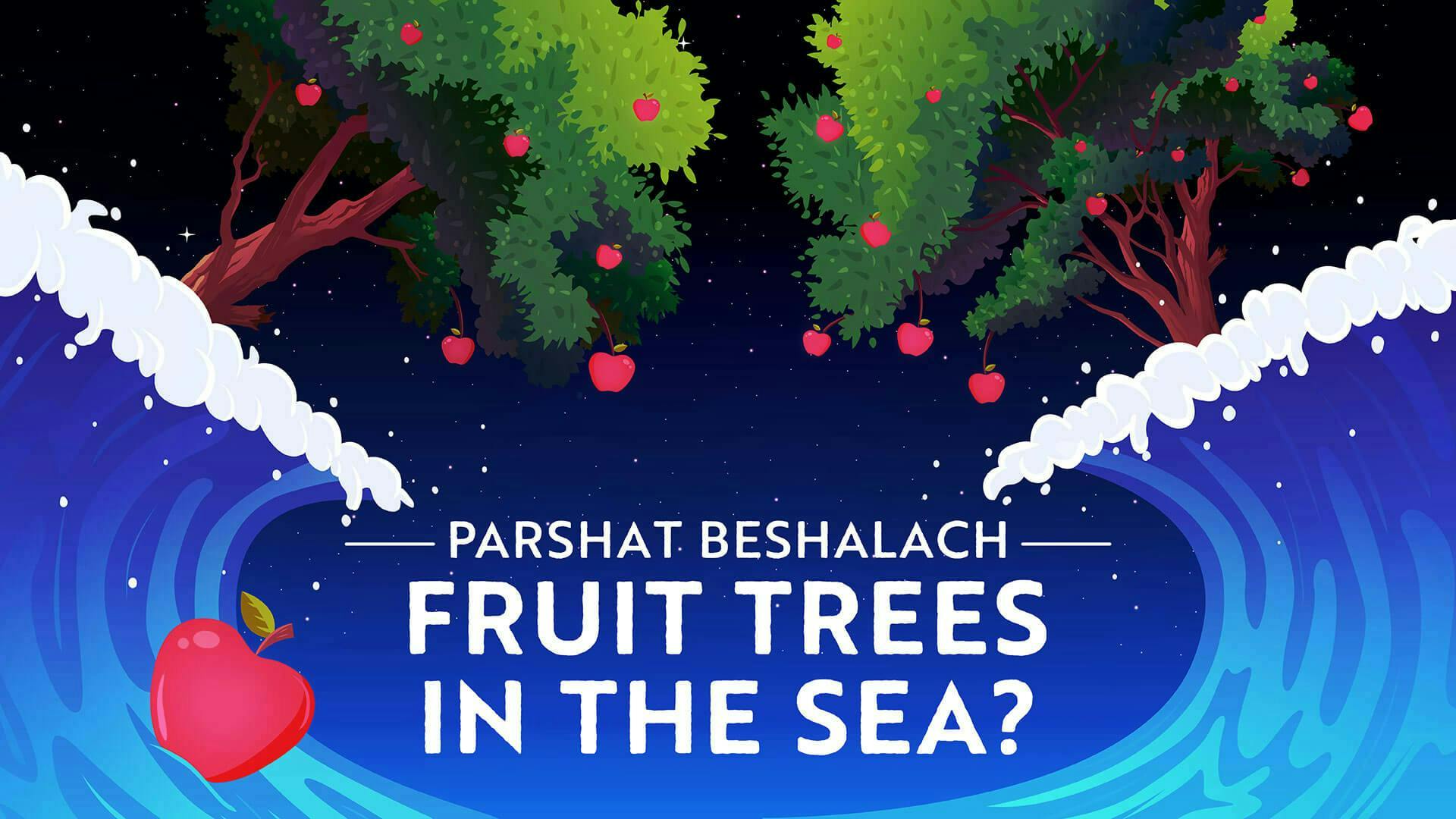PESACH 2025 VIDEOS, MEANING & DVAR TORAH
The Exodus Story That Could Have Been
The Exodus story ends in carnage for the Egyptians, and in glorious salvation for the Israelites – but could this story have ended differently? Could the Egyptians also have lived happily ever after? Rabbi Fohrman thinks we can find the answer by noticing some uncanny resemblances to another biblical story. Join us as we explore a new way of reading the Exodus story.

Pesach Videos
Important Pesach dates: Before sundown on Mon, Apr 12, 2025 - After nightfall on Mon, Apr 20, 2025.
Discover original Pesach videos and explore insightful divrei Torah on the story of Exodus, Moses, the Israelites' journey out of Egypt.
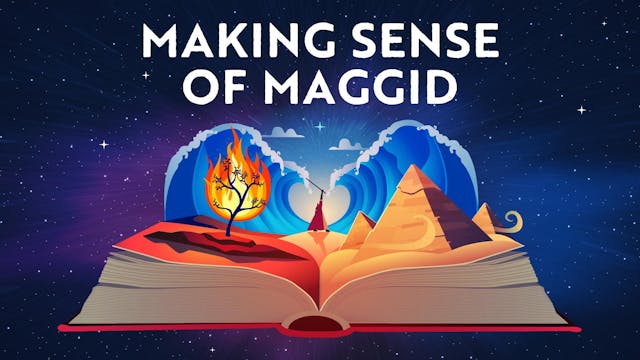
Your Roadmap Through the Haggadah: Making Sense of Maggid
Video series • Part 1 of 5 • 14 min
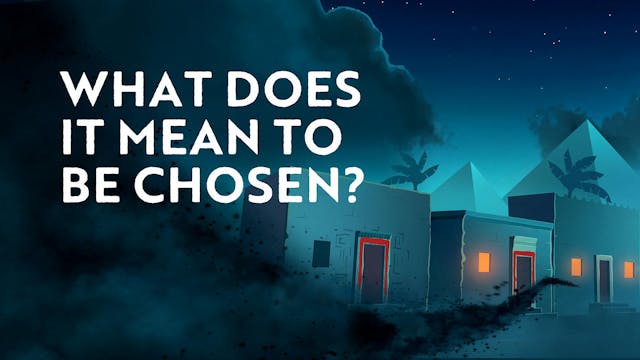
What Does It Mean To Be Chosen?
Video series • Part 1 of 8 • 8 min
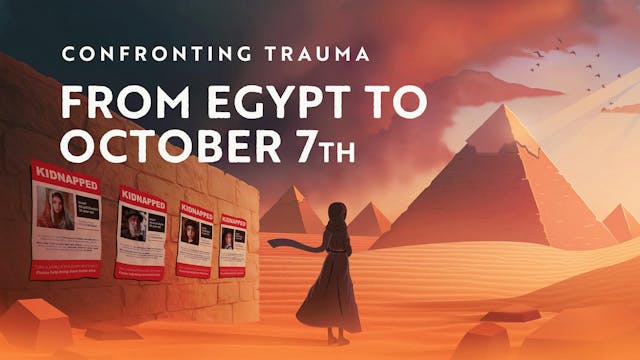
Confronting Trauma: from Egypt to October 7th
Video series • Part 1 of 7 • 14 min
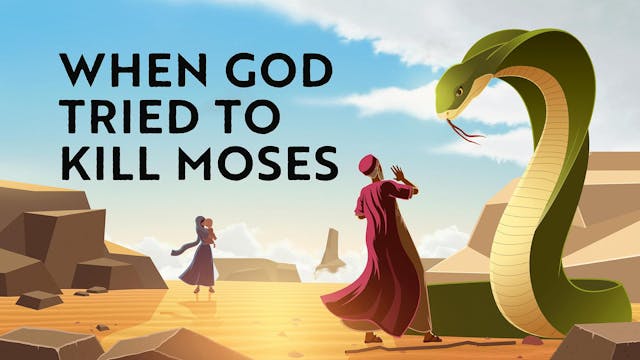
That Bizarre Moment When God Tried to Kill Moses
Video series • Part 1 of 6 • 14 min
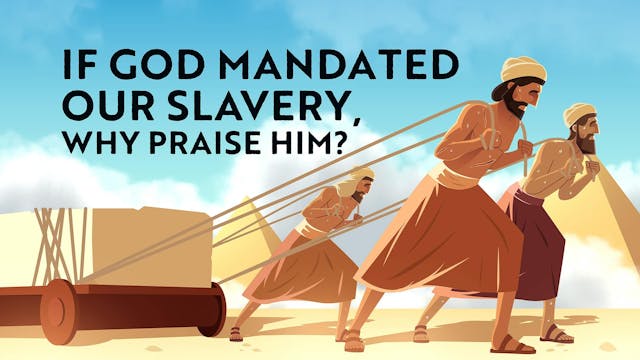
If God Mandated Our Slavery, Why Praise Him for Our Freedom?
Video series • Part 1 of 5 • 8 min
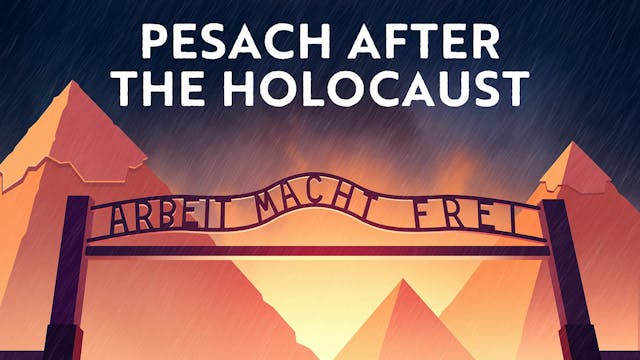
When Evil Seems Unanswerable: Pesach’s Wisdom After the Holocaust
Video series • Part 1 of 5 • 20 min
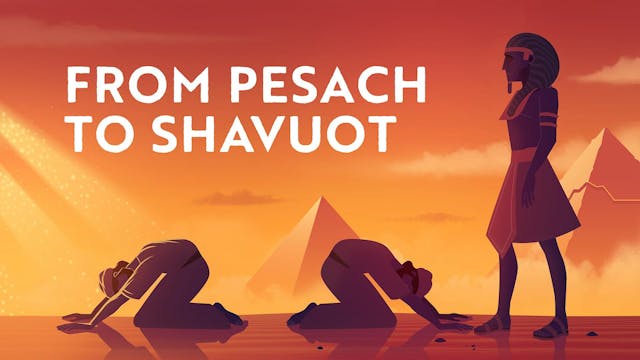
From Pesach to Shavuot: Did God Free Us Just to Make Us Serve Him?
Video • 31 min
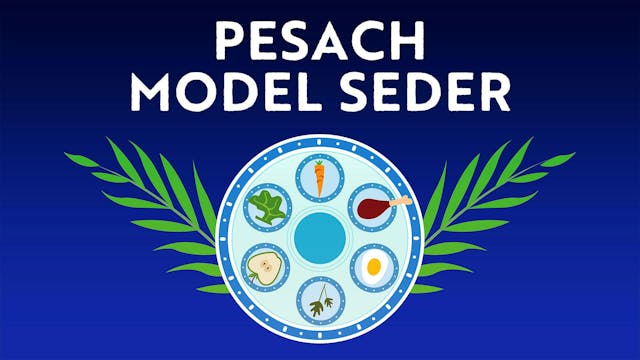
Pesach Model Seder
Video • 1 hour, 23 min
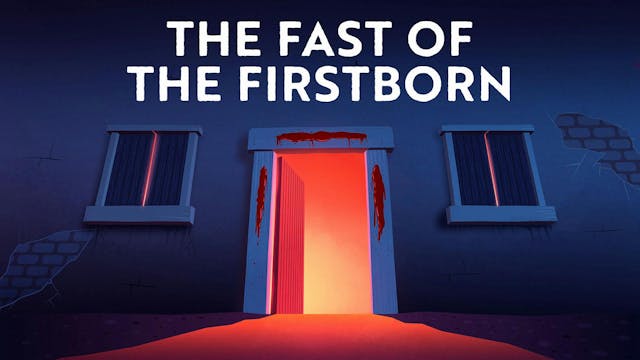
What Is Taanit Bechorot?
Video • 7 min
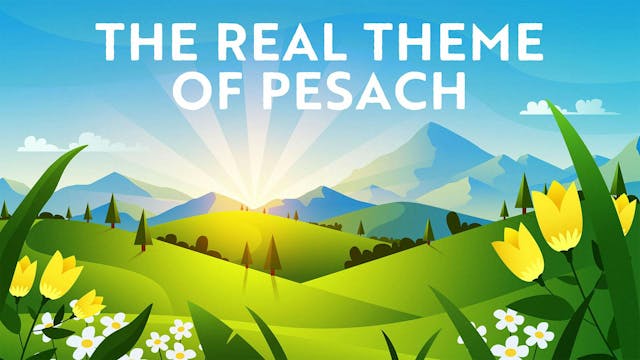
What Is The Main Theme Of Pesach?
Video • 7 min
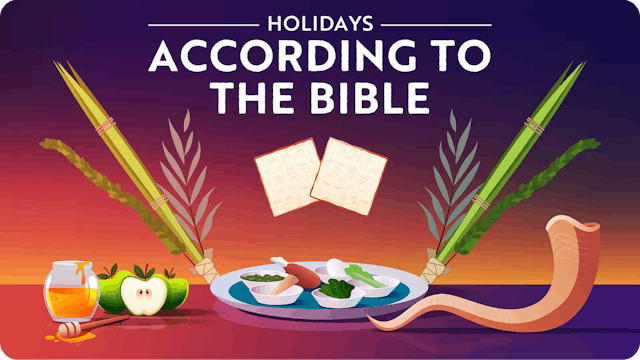
The Deep Connection Between the Biblical Holidays
Video • 12 min
Passover Podcasts
Explore our Pesach videos on Dayenu in the Haggadah, Taanit Bechorot, the meaning of Hallel, and the core themes of Pesach.
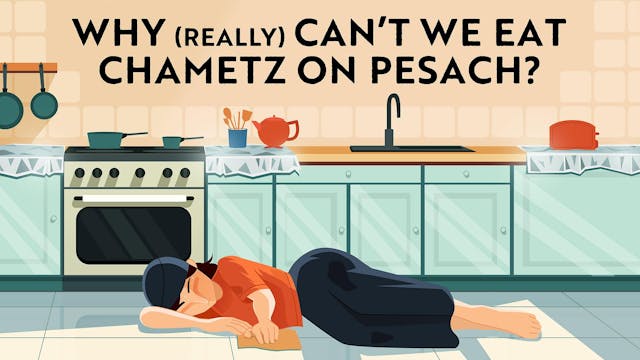
Why (Really) Can’t We Eat Chametz on Pesach?
Video • 28 min
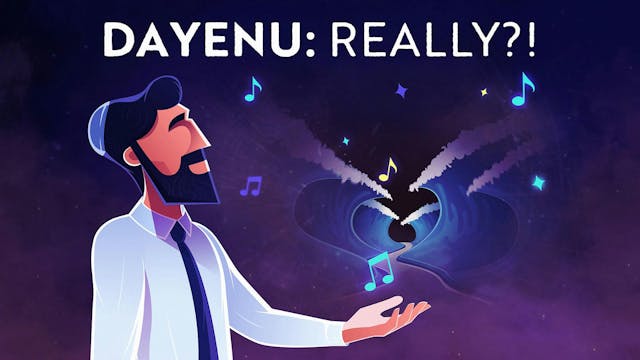
Dayenu In The Pesach Haggadah
Video • 1 hour, 21 min
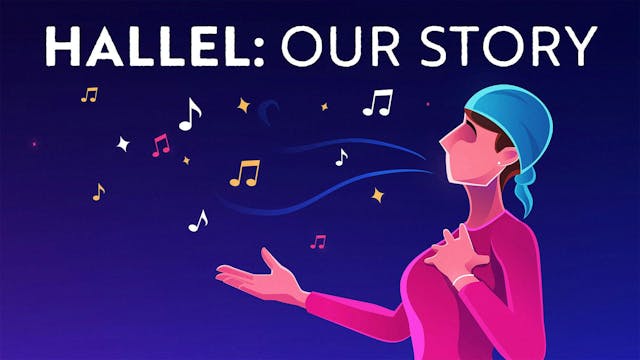
The Meaning of Hallel
Video series • Part 1 of 7 • 56 min
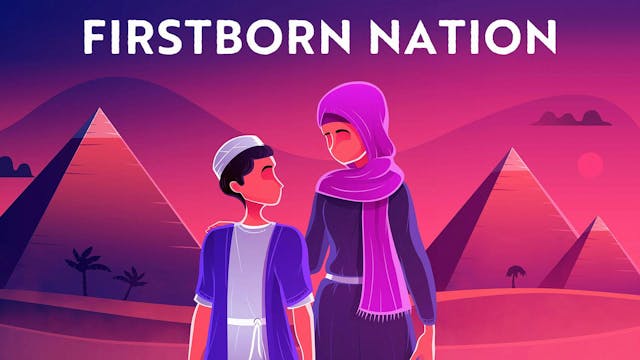
Origins Of The Firstborn Nation
Video series • Part 1 of 10 • 1 hour, 52 min
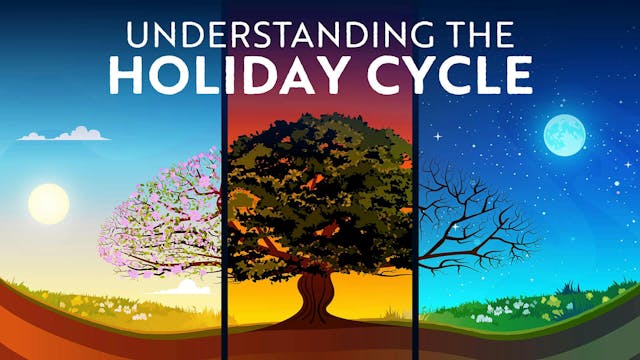
The Deep Connection Between The Biblical Holidays
Video series • Part 1 of 5 • 54 min
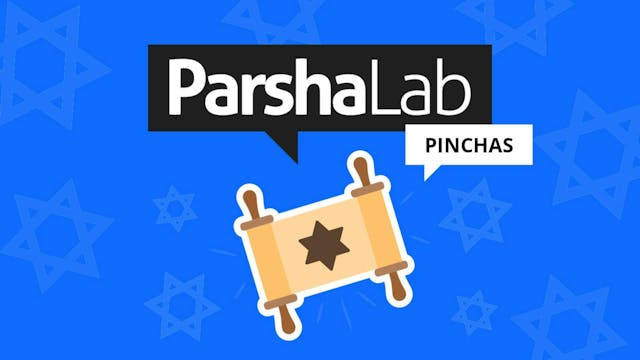
How Is Land Ownership Connected To The Pesach Sheni Offering?
Video • 32 min
Pesach Learning & Printable Divrei Torah
How To Read The Pesach Haggadah
Holiday Guide
Reading the Haggadah is one of many rituals of the Pesach Seder – but it can be difficult to read. Sometimes we mumble our way through it, without real comprehension. This Haggadah outlines guides you through the important messages in Maggid.
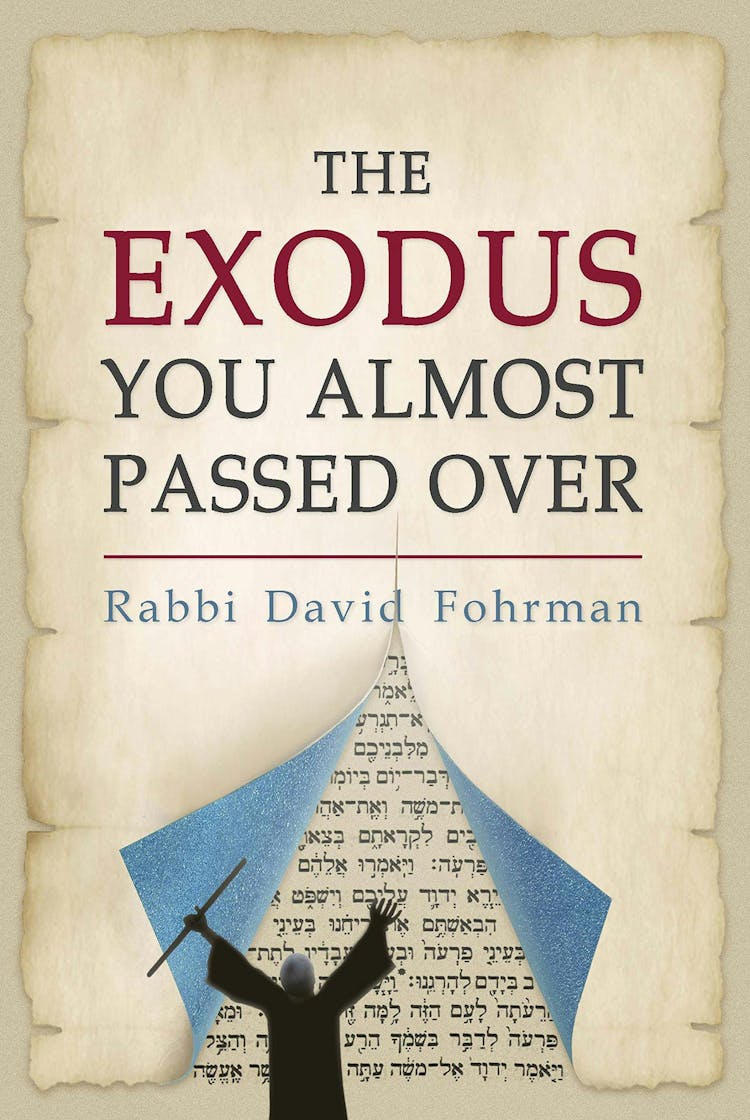
The Exodus You Almost Passed Over: Chapter 1
Holiday Guide
Is there more to the Exodus story than we think we know? Rabbi Fohrman's book reveals a side of the ancient Exodus saga that illuminates not just our past, but our future, and tells not only of our freedom, but of our destiny. Take a peek at Chapter 1 for free.
Passover Articles
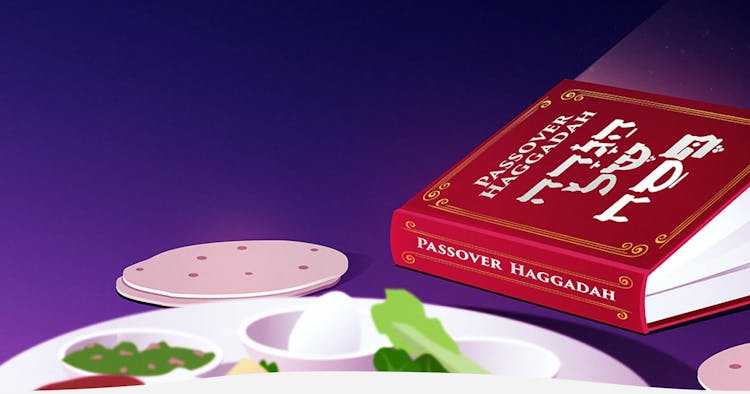
How To Make The Most Of Your Passover Seder
101 Guide
. Every year, people around the world join together in a unique Jewish ritual – the Passover Seder. Part prayer service, part history lesson, and part delicious Passover meal, the Jewish Seder has something for everyone. Keep reading to discover what the Seder has to offer you.
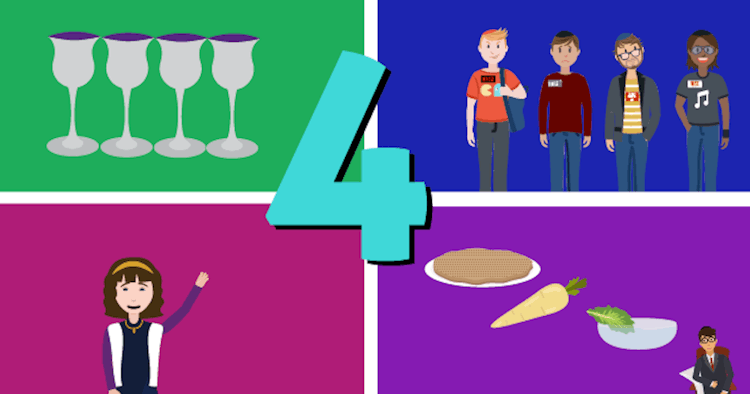
Ma Nishtana
101 Guide
. As Passover nears, Jewish children all over the world carefully practice reciting the Four Questions. They are preparing to stand before family and friends at the Seder and ask: Ma Nishtana? Why is this night different? . Why do we have kids recite the Four Questions? How did our Sages choose these four questions specifically? Why ask four questions, and not five or three? And do the Four Questions have four answers – or only one? Scroll down to find out.

The Meaning of the 10 Plagues
101 Guide
. Why did God send each particular plague and not something else? Why blood, frogs and lice? Why not a Nile full of spoiled milk, raining knives, and indigestion? What is the significance of each of these plagues?
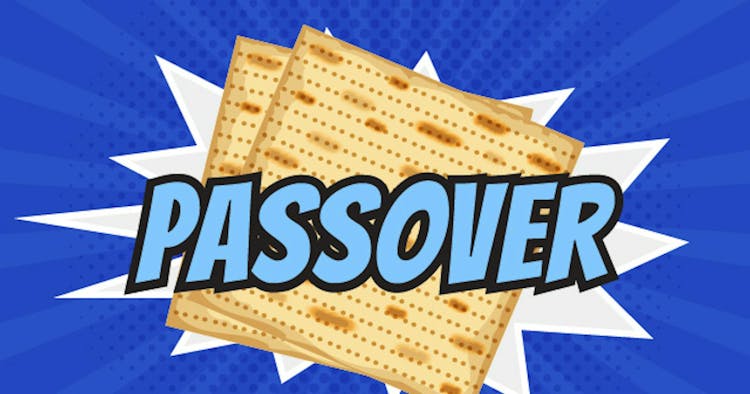
What is Passover?
101 Guide
. The holiday of Passover is one of the most distinct and well-known on the Jewish calendar. Between the banishment of all leavened bread, the famously lengthy seder service, and the perpetually relevant themes of slavery and freedom, it’s easy to see why this holiday holds such an important place in both Jewish observance and our cultural imagination. But what is the meaning of the many Passover rituals we perform? Why do Jews around the world spend a week crunching on matzah? Behind all these customs, what does this unique holiday really represent?
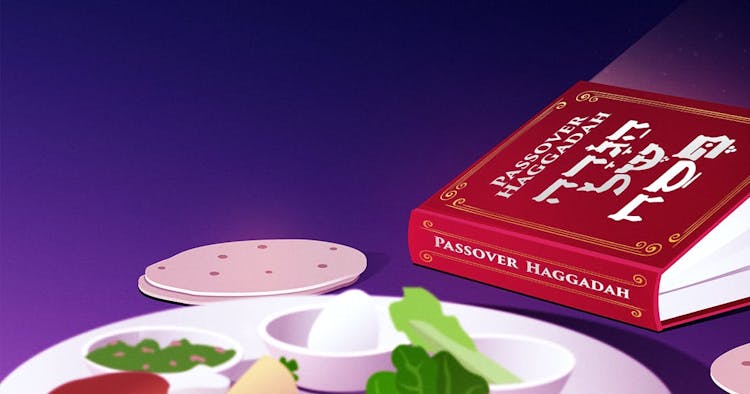
How to Read the Haggadah
101 Guide
. Seder night is all about retelling the story of the Exodus, with the Haggadah as our guide. But the Haggadah can be hard to understand, until you learn how all its different parts come together in one sweeping historical message of eternal comfort and Divine promise.
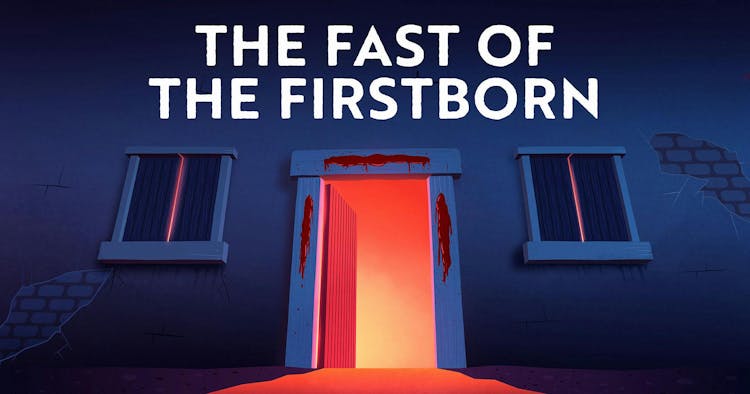
Taanit Bechorot - the Fast of the Firstborn
101 Guide
. Our sages instituted a fast day right before Passover. But few end up actually fasting. So what’s the point of this fast day? And why do we make such a fuss about firstborn children?

D’var Torah for Pesach
101 Guide
. We tend to think eating matzah has to do with leaving Egypt in a hurry. But if we read the Torah text carefully, we can discover a much deeper significance to this mitzvah.
The Meaning of Passover (Pesach)
Passover commemorates God’s redemption of the Jewish people from Egyptian slavery, but it is also monumental for another significant reason – becoming God’s chosen people. Today we observe Passover for seven days starting with a spiritual and symbolic Seder dinner.
Before the Israelites became a nation, it was just a promise, made by God to His faithful servant Abraham. God told Abraham that his descendants would become a great nation in the land of Israel, but first, they would be enslaved and made to suffer in a foreign land. Sure enough, several generations later, the descendants of Abraham’s grandson, Jacob, were enslaved by Egypt, the greatest power of the Middle East at the time.
Pesach, or Passover, commemorates the beginning of the fulfillment of God’s promise. God freed the people and set them on the path that would lead them to Israel and to greatness. In the process, God brought the mighty Egypt to its knees with a series of powerful miracles, including the ten plagues and the splitting of the Red Sea. The last plague, the killing of the Egyptian firstborns, as the Israelite firstborns were passed over, is what we commemorate with the name of the holiday, Passover.
Each year, Jews celebrate this pivotal moment in their national history by retelling the Exodus story at a special ceremonial dinner called a Seder. Special symbolic foods, such as Matzah, Marror and salt water represent different aspects of the slavery and the redemption. Additionally, no leavened bread is eaten for all seven days of Pesach, to commemorate the unleavened bread the people ate in their hurry to leave Egypt.
Passover is undoubtedly one of the most important moments in our nation’s history. But it also begets many questions. For instance, why is the holiday named after a small detail in the story, when the Israelite firstborns were “passed over”, and not the other mind-blowing miracles? And, why did God even use ten plagues against the Egyptians? After all, couldn’t He have whisked the entire nation out on a magic carpet, and called it a day? And, perhaps most perplexing, why was the enslavement of the people a part of God’s promise of Abraham? Why was it necessary? Our Passover videos, guides, and Pesach dvar Torah address these questions to help you develop a deeper understanding of Passover.
The Exodus You Almost Passed Over
Consider this question: Doesn’t the name “Passover” seem a bit strange? It seems like a fairly minor detail in the story... that God "passed over" the houses of the Israelites during the Tenth Plague and didn't kill their firstborn. But the story of the Exodus from Egypt is much bigger than that one detail! Wouldn't it make more sense to call the holiday "Freedom Day" or "Independence Day" or "Liberation from Egypt Day"?
And while you're pondering that, here's another question: Why did the Exodus have to be so complicated? Couldn’t an All-Powerful deity have teleported the Israelites out of Egypt and spared everyone the messy hassle of the Ten Plagues? And a related question: Was it really fair that God hardened Pharaoh's hard, and then punished him for saying: "No!"?
In his full-length book, The Exodus You Almost Passed Over, Rabbi Fohrman answers these questions and more. He reveals a side of the Exodus story that illuminates not just our past, but our future, and tells not only of our freedom, but of our destiny. This book will uncover secrets that lay hidden in this ancient and sacred saga: the Exodus you thought you knew. Download the first chapter for free.
Purchase the book at Aleph Beta shop or on Amazon, where you can read 100+ reader reviews.



